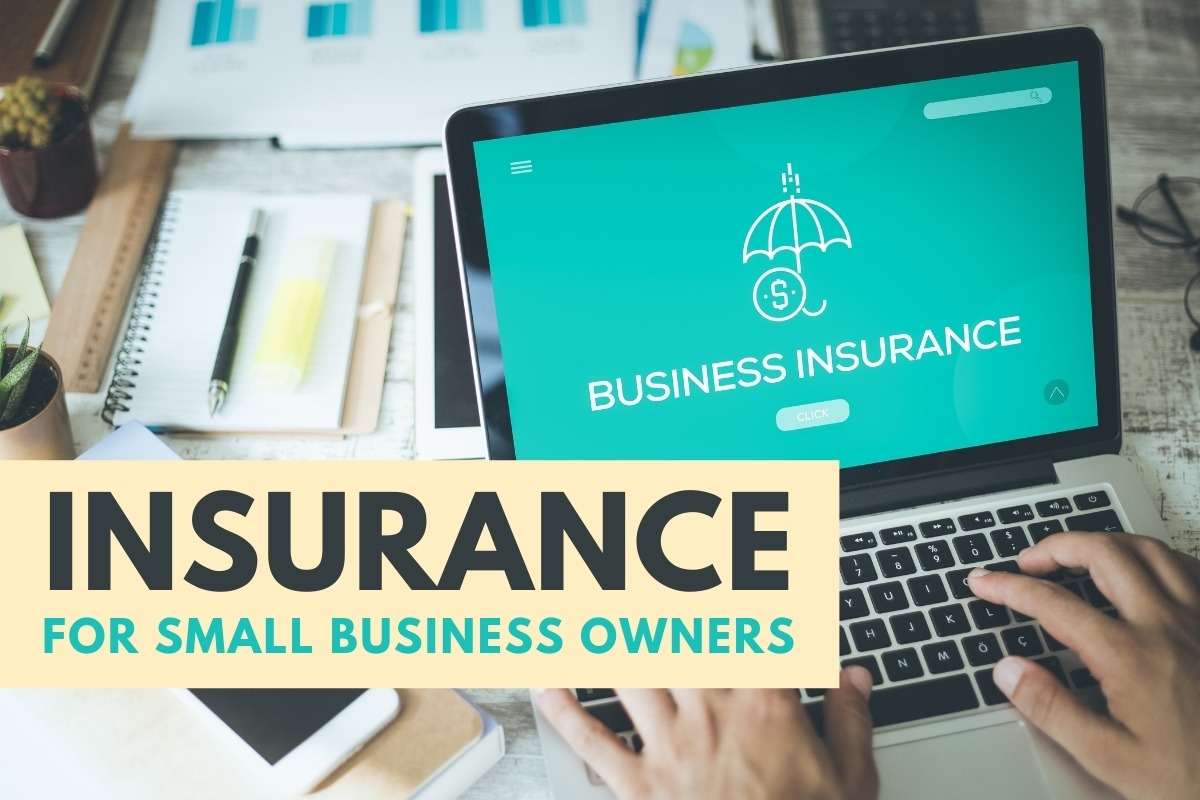As a small business owner, your primary concern is to keep your business afloat and your profits stable. You might already have a comprehensive business plan for 2025 to increase profits, but have you thought about insurance?
Often neglected, insurance is one of the most important aspects of running a small business. An unexpected twist might set you back a lot, but with insurance, at least you’re covered. Statistics show that roughly 40% of small businesses never reopen after experiencing a major loss, making adequate insurance coverage not just important, but critical for long-term survival.
With different types of policies, similar service providers, and an abundance of options, it can take time to choose the right one. The insurance marketplace has become increasingly complex, with new coverage types emerging and traditional policies evolving to meet modern business needs.
That’s why we have prepared a comprehensive small business checklist for selecting a suitable insurance provider that will protect your investment and give you peace of mind.
1. What types of insurance coverage do you need, specifically?

Here’s a small crash course in small business insurance. There are, generally speaking, four main types of coverage, though your specific industry may require additional specialized protection.
Essential Coverage Types:
- General liability insurance – protects against third-party injuries and property damage that occur on your premises or as a result of your business operations. This coverage is fundamental for any business that interacts with customers or the public.
- Commercial property insurance – protecting your office space, equipment, inventory, and furniture from natural disasters, fire, theft, or vandalism. This coverage extends beyond your physical location to include business personal property wherever it’s located.
- Errors and omissions insurance – protects your business from lawsuits alleging negligence, faulty workmanship, or failure to deliver services as promised. This is particularly crucial for service-based businesses and professionals.
- Workers’ compensation – covers any injury or illness sustained in the workplace. This type of insurance is often mandatory by law and protects both your employees and your business from costly medical claims and lost wage disputes.
Additional Coverage to Consider:
- Cyber liability insurance has become increasingly important as businesses rely more heavily on digital operations and store sensitive customer data
- Business interruption insurance helps cover lost income and ongoing expenses if your business is forced to close temporarily due to covered damages
- Commercial auto insurance if your business uses vehicles for operations or deliveries
When you know what types of insurance you need, you can identify all service providers that are not proficient in your required coverage areas and cross them off your list. Creating a detailed risk assessment of your business operations will help you determine which coverages are essential versus nice-to-have.
2. Is there a type of insurance that’s legally required in your area?

Depending on where your business is located, there may be specific legal requirements for business insurance. Insurance requirements vary significantly not only between states but also between counties and municipalities. For example, California may have different requirements than another state, and even within California, different cities may have additional mandates.
According to Hiscox, a carrier of insurance for California businesses, “Certain types of insurance might be legally required. Some of the most common types are errors and omissions and workers’ comp.”
However, this is just the beginning. Many states require commercial auto insurance if you use vehicles for business purposes, and some require specific professional liability coverage depending on your industry.
Based on this research, you can check off all insurance providers that are not proficient with all legally required insurance policies and narrow your search. Y
ou want a provider that offers everything you need, all in one place, which can often result in bundle discounts and simplified policy management.
Contact your local Small Business Administration office or state insurance commissioner’s office for specific requirements in your area.
3. Does the insurance provider have a proven track record?

Every single business today is open to scrutiny. Customers who are unsatisfied with a product or service will go online and let everybody know. Be sure to check testimonials and reviews online across multiple platforms including Google Reviews, Better Business Bureau, and industry-specific review sites.
Look beyond just star ratings and read the actual content of reviews. Pay attention to how the company handles claims processing, customer service responsiveness, and whether they honor their policy commitments.
Check the insurance company’s financial strength ratings from agencies like A.M. Best, Standard & Poor’s, or Moody’s. These ratings indicate the company’s ability to pay claims and remain financially stable.
You can immediately cross out any provider where neutral and negative reviews are frequent and focus on those with a stellar success rate. Yes, their services might come at a higher cost, but in this instance, it is worth it. Remember that the cheapest option often becomes the most expensive when you actually need to file a claim.
4. Do you have a colleague who has a conundrum similar to yours?

No matter your industry, there will always be some friendly, and sometimes not-so-friendly, competition. You can try contacting your “rivals” and asking about their experience.
Usually, competitors try to keep everything under their belt to stay ahead, but when it comes to insurance, people are more than willing to share their experience for some reason.
Consider joining industry associations or local business groups where insurance experiences are commonly discussed. Many trade organizations even negotiate group insurance rates for their members. Attend networking events or join online forums specific to your industry where business owners freely share their experiences with various insurance providers.
If you can get a few recommendations from someone in your industry, this will go a long way. If a particular insurance provider can take care of businesses similar to yours, they will undoubtedly be better equipped to understand and address your specific risks and coverage needs.
5. How was the first call?

When you narrow your search to a handful of providers, now is the time to call some numbers. This initial interaction often reveals more about a company’s service quality than any marketing material could.
When talking to their representatives, pay attention to several key factors. First, make sure that the person you are talking to is genuinely interested in helping you rather than just making a sale.
You will know this if they begin asking the right questions about your business operations, risk exposures, and budget constraints, steering the conversation towards a place where you feel comfortable and understood.
Second, check the variety of options they provide. Some providers will give you one standard policy, while others will go a step further and provide you with multiple coverage options and deductible levels to consider. Naturally, continue talking with the latter, as this indicates they understand that one size doesn’t fit all in business insurance.
Third, assess their responsiveness and professionalism. Do they return calls promptly? Do they provide clear, written quotes in a timely manner? These early interactions often predict how they’ll handle your account ongoing and, more importantly, how they’ll respond when you need to file a claim.
6. What does your gut tell you?

If you go through the entire checklist and still have several good choices, you are lucky. Having the option of choosing between several viable insurance providers is a good thing and indicates you’ve done thorough research.
Now, the only thing left is to listen to your intuition while also considering practical factors like premium costs, deductible amounts, and policy terms. Use your business owner mentality and make your choice based on the combination of competitive pricing, comprehensive coverage, excellent service, and your comfort level with the provider.
You should pick the option that feels most comfortable and aligns best with your business values and communication style. If it turns out to be a wrong decision, the good thing is that insurance policies are typically renewable annually, giving you the opportunity to reassess and switch providers if necessary.
Conclusion
Hopefully, this comprehensive small business checklist helped you pick the right insurance provider with the right insurance policies for your unique situation. When you don’t have this critical obligation weighing you down, you can focus on key aspects of growing your business, which is your primary job as the owner.
Having peace of mind and not worrying about whether something unexpected might ruin your plans will help you maintain a steady trajectory toward improving your profit margins and taking your business to the next level.
Remember, insurance isn’t just an expense—it’s an investment in your business’s future and your personal financial security. The right coverage and provider relationship will serve as a foundation that allows you to take calculated risks and pursue growth opportunities with confidence.









